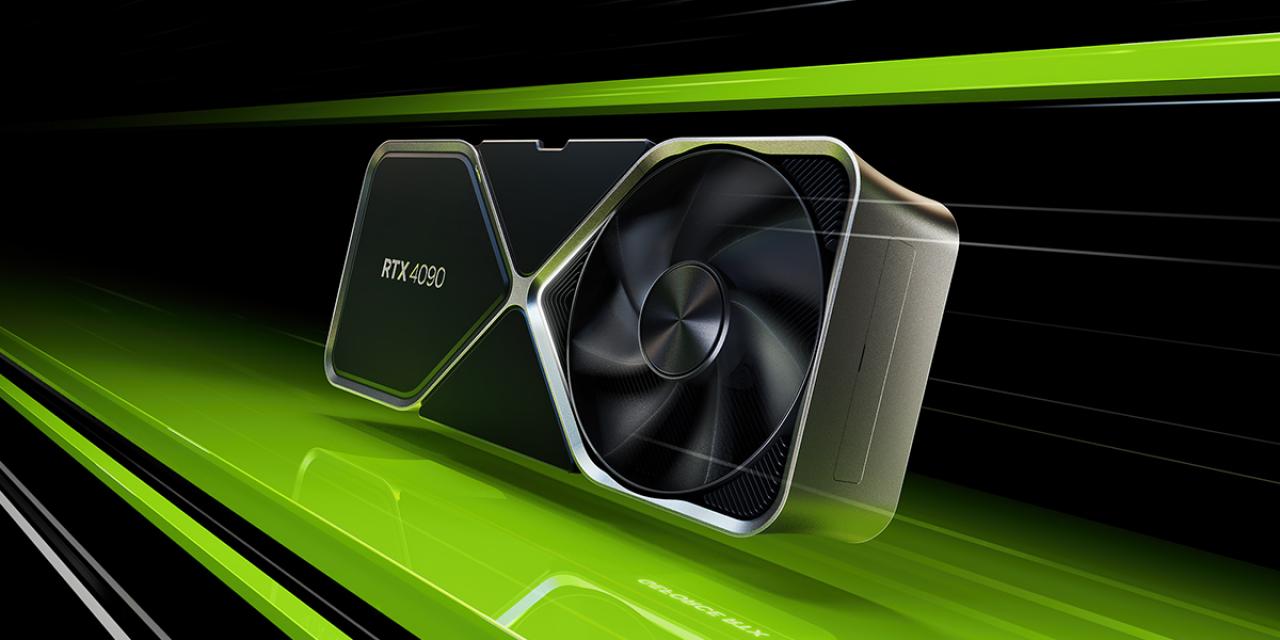
Nvidia has confirmed the GeForce RTX 4090 does not have P2P (peer-to-peer) functionality, breaking a long-standing tradition, and likely reducing its appeal outside of a hardcore gaming crowd. The card was a favorite of those who needed high performance outside of a gaming context, and uses for it included content creation, machine learning, and scientific workloads.
P2P was valuable in these contexts because it allowed two GPUs to communicate with each other, without needing to send data back to the system memory. By allowing a direct connection between the two, more intensive processes could be sped up, and time saved. The feature debuted a few years ago, and has been a mainstay of Nvidia cards ever since. Until now.
The feature having issues had been reported by users, but it was recently confirmed by Puget Systems, who ran a number of benchmarks on a variety of AMD and Intel systems, and found that P2P functionality was reporting as broken or otherwise corrupted, and when toggled on, it tests for it failed. Despite the original thread on the Nvidia forums being created back in November 2022, Nvidia has kept its silence — until recently, when a post was created in reply to the thread.
Speaking on the Nvidia forums, a spokesperson had this to say: "Hi all. Apologies for the delay. Feedback from Engineering is that Peer to Peer is not supported on 4090. The applications/driver should not report this configuration as peer to peer capable. The reporting is being fixed and future drivers will report the following instead."
It’s not difficult to see why Nvidia has turned this feature off. Using GeForce products in this way first really took off with the RTX 3090, when it was discovered they could offer similar performance to more expensive server products. If two GeForce RTX 4090 units can play the same role as a commercial RTX 6000 Ada Generation, then that’s a big problem for Nvidia, as there’s a big price difference between the two products. Since Nvidia doesn’t want to reduce the performance of the RTX 4090, its only option is to restrict how the card can be used — hence removing P2P as a feature.








